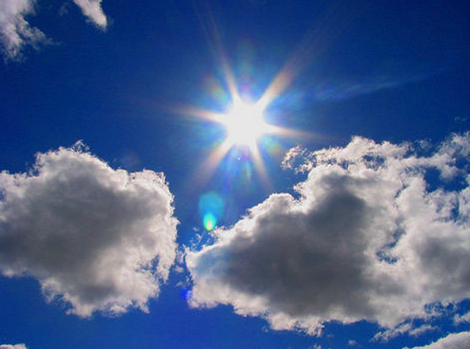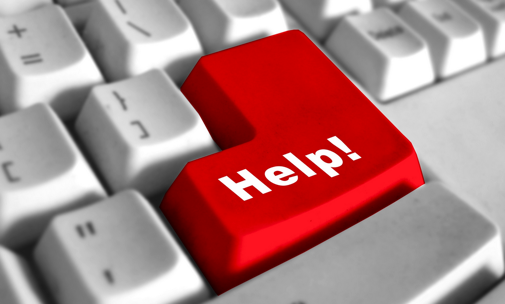988, the new National Suicide Hotline number | Mental Health Matters

 Groundbreaking Developments in Suicide Prevention and Mental Health Crisis Service Provision.
Groundbreaking Developments in Suicide Prevention and Mental Health Crisis Service Provision.
In fiscal year (FY) 2001, SAMHSA awarded a competitive, discretionary grant to establish a network of crisis centers that would respond to crisis calls from their local communities, to ensure those crisis center counselors were trained, and that all crisis centers in the network met standards for accreditation.
A single national number was established, which in 2005 became the National Suicide Prevention Lifeline (Lifeline; 800-273-8255 (TALK)). The Lifeline answered more than 2.1 million calls and 234,671 chats in FY 2020.
The vision of the advocates who supported the effort to establish a three-digit national suicide prevention number was that a three-digit number would be more easily remembered and more likely to be utilized in a crisis, both because a 3-digit number is more likely to be encoded and retained, and also because individuals are more likely to struggle with information recall during times of emotional distress.
In 2018, Congress passed and the President signed into law, the National Suicide Hotline Improvement Act in which SAMHSA and the Veterans Administration were called upon to report to the Federal Communications Commission (FCC) regarding the effectiveness of the existing National Suicide Prevention Lifeline and the potential value of a three digit number being designated as the new national suicide prevention number.
The FCC subsequently recommended to Congress that the number 988 be designated as the new national suicide prevention number. On July 16, 2020, the FCC issued a final order designating 988 as the new NSPL and Veterans Crisis Line (VCL) number. This order gave telecom providers until July 16, 2022 to make every land line, cell phone, and every voice-over internet device in the United States capable of using the number 988 to reach the Lifeline’s existing telephony structure.
On October 17, 2020, the National Suicide Hotline Designation Act of 2020 was signed into law, incorporating 988 into statute as the new Lifeline and VCL phone number.
Why 988 Is Important:
More people in suicidal and mental health crisis will be helped. Sources of increased contacts (calls, chats, and texts) include baseline contact volume, new contact volume, and contacts diverted from 911 and other crisis hotlines.
Those in crisis will be more likely to receive help from those most qualified to provide support.
More effective triage means less burden on emergency medical services, emergency departments, law enforcement, etc. so that their agencies can be appropriately focused their limited resources on those areas for which they are best trained.
The attention the transition to 988 has brought to crisis services has led to an opportunity for states to reimagine their crisis service provision, and to ensure adequate financing of 1) mobile crisis services, 2) crisis center hubs and 3) crisis stabilization services. While the FCC ruling requiring activation of 988 by July 2022 is a critical and groundbreaking step in realizing the vision of a nation with easier access to suicide prevention and crisis intervention services, there must be sufficient local crisis center capacity to answer this projected significant increase in contact volume, and for these contacts to be answered rapidly and effectively.
While the FCC ruling requiring activation of 988 by July 2022 is a critical and groundbreaking step in realizing the vision of a nation with easier access to suicide prevention and crisis intervention services, there must be sufficient local crisis center capacity to answer this projected significant increase in contact volume, and for these contacts to be answered rapidly and effectively.
In order to address this need for increased capacity, a number of states already have pending 988 legislation at this time, with 2 states—Utah, and Virginia —having already signed 988 legislation into law.
The following states have introduced 988 legislation: Oregon, California, Colorado, Idaho, Kansas, Kentucky, Massachusetts, Nebraska, New York, New Jersey, Rhode Island, and Wisconsin, and the following four states have already passed 988 legislation: Alabama, Indiana, Nevada, and Washington. In addition, 988 legislation is expected to materialize in Arkansas, Pennsylvania, and South Carolina.
Mental Health Matters.


